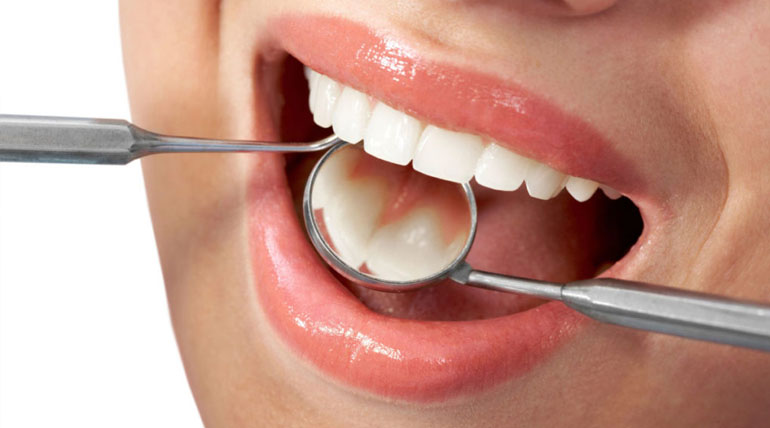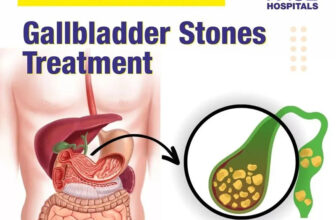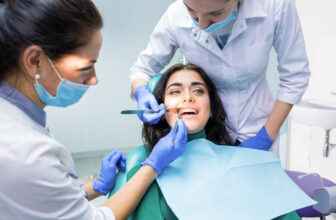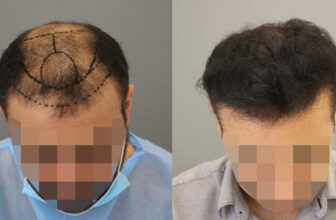
Traveling is an exciting adventure, but it can quickly turn stressful if a dental emergency arises. Being prepared and knowing how to handle unforeseen dental situations can help ensure your trip goes smoothly. Here’s a comprehensive guide on managing dental emergencies while traveling.
Pre-Travel Preparations
1. Schedule a Dental Checkup
Before you embark on your journey, visit your dentist for a thorough checkup. Address any potential issues to reduce the likelihood of dental problems while traveling.
2. Pack an Emergency Dental Kit
Create a portable version of your emergency dental kit. Include:
- Pain relievers (ibuprofen or acetaminophen)
- Topical anesthetics (benzocaine gel)
- Dental wax
- Temporary filling material
- Sterile gauze
- Cotton balls and swabs
- Clove oil
- Small container of salt and baking soda
- Hydrogen peroxide (3%)
- Tooth preservation kit
- Ice pack (instant cold packs)
- Disposable gloves
- Travel-size oral hygiene products (toothbrush, toothpaste, floss)
- Alcohol-free mouthwash
- Contact information for your dentist and local emergency dental services at your destination
3. Research Local Dental Care Options
Identify emergency dental services at your travel destination. Note down their contact details and locations.
Common Dental Emergencies and How to Handle Them
1. Toothache
Various issues, including cavities, infections, or trauma, can cause toothaches. Here’s how to manage a toothache while traveling:
- To clean the region, rinse your mouth with warm seawater.
- To treat the pain, take over-the-counter pain medicines.
- To lessen swelling, place a cool compress on the outer part of your cheek.
- To get rid of food particles stuck in between your teeth, use dental floss.
- Use a topical anesthetic to make the region painless.
- As soon as possible, get dental care from a professional.
2. Knocked-Out Tooth
A knocked-out tooth requires immediate attention to increase the chances of saving it:
- Treat the tooth by its crown rather than its root.
- Rinse the teeth lightly with water if it is dirty.
- Try to place the tooth back into its socket if at all possible. If not, put it in salted milk, or a tooth preservation kit.
- Use sterile gauze to control any bleeding.
- See a dentist right away. The tooth has a better chance of survival the sooner it is reimplanted.
3. Chipped or Broken Tooth
Chipped or broken teeth can cause pain and sensitivity. Here’s what to do:
- Rinse your mouth with warm water to clean the area.
- Save any pieces of the tooth.
- Apply sterile gauze to stop any bleeding.
- Use dental wax to cover any sharp edges to prevent irritation.
- Apply a cold compress to reduce swelling.
- Visit a dentist as soon as possible.
4. Lost Filling or Crown
A missing crown or filling can expose and make your teeth sensitive:
- To clean the region, rinse your mouth with warm water.
- Apply a temporary filling material or dental wax to protect the tooth.
- Avoid eating on the affected side until you can see a dentist.
- Contact a local dentist to have the filling or crown replaced.
5. Abscess
An abscess is a serious infection that needs prompt treatment:
- Rinse your mouth with a mild saltwater solution to assist draw out pus and reduce swelling.
- Apply a cold compress to the outside of your cheek.
- Take over-the-counter pain relievers to manage pain.
- Seek emergency dental care since, if left untreated, abscesses can worsen your health.
Additional Tips for Handling Dental Emergencies While Traveling
1. Stay Calm
Dental emergencies can be stressful, especially in an unfamiliar place. Staying calm and composed will help you think clearly and manage the situation effectively.
2. Use Travel Insurance
If you have travel insurance, check if it covers emergency dental care. This can be a lifesaver in reducing out-of-pocket expenses for unexpected dental treatments.
3. Communicate Clearly
If you’re traveling to a non-English speaking country, learn basic dental emergency phrases in the local language. This can assist you communicate your needs more effectively.
4. Maintain Good Oral Hygiene
Preventive care is crucial. Brush and floss regularly, avoid hard foods, and stay hydrated to reduce the risk of dental issues while traveling.
5. Keep Important Documents Handy
Carry copies of your dental records and any relevant medical information. This can help the local dentist understand your dental history and provide better care.
When to Seek Immediate Help
While some dental issues can be managed temporarily, others require immediate professional care. Seek help right away if:
- You experience severe pain that doesn’t improve with over-the-counter pain relievers.
- There is significant swelling in your face or mouth.
- You have difficulty swallowing or breathing.
- There is excessive bleeding that doesn’t stop with pressure.
- You suspect an abscess or infection.
Conclusion
Traveling should be an enjoyable experience, not marred by dental emergencies. You can manage unforeseen situations by preparing in advance, packing an emergency dental kit, and knowing how to handle common dental issues. Always prioritize your oral health and seek proper care to ensure your travels remain pleasant and stress-free.
If you live in Kalyan, you are searching for Dentist in Kalyan. It would be best if you considered OM Dental Care. Call us to Book an Appointment: +91-9004457690.







